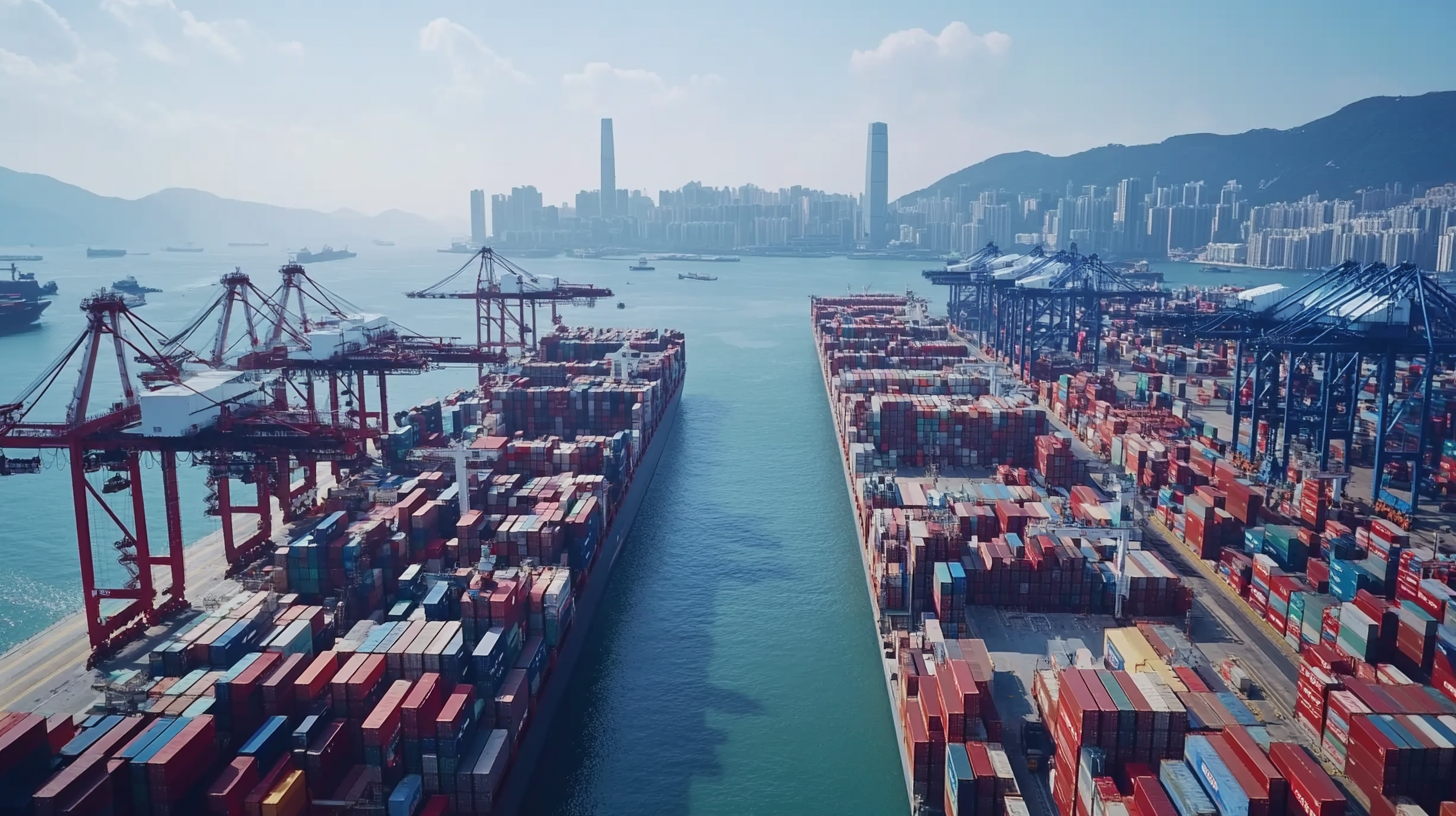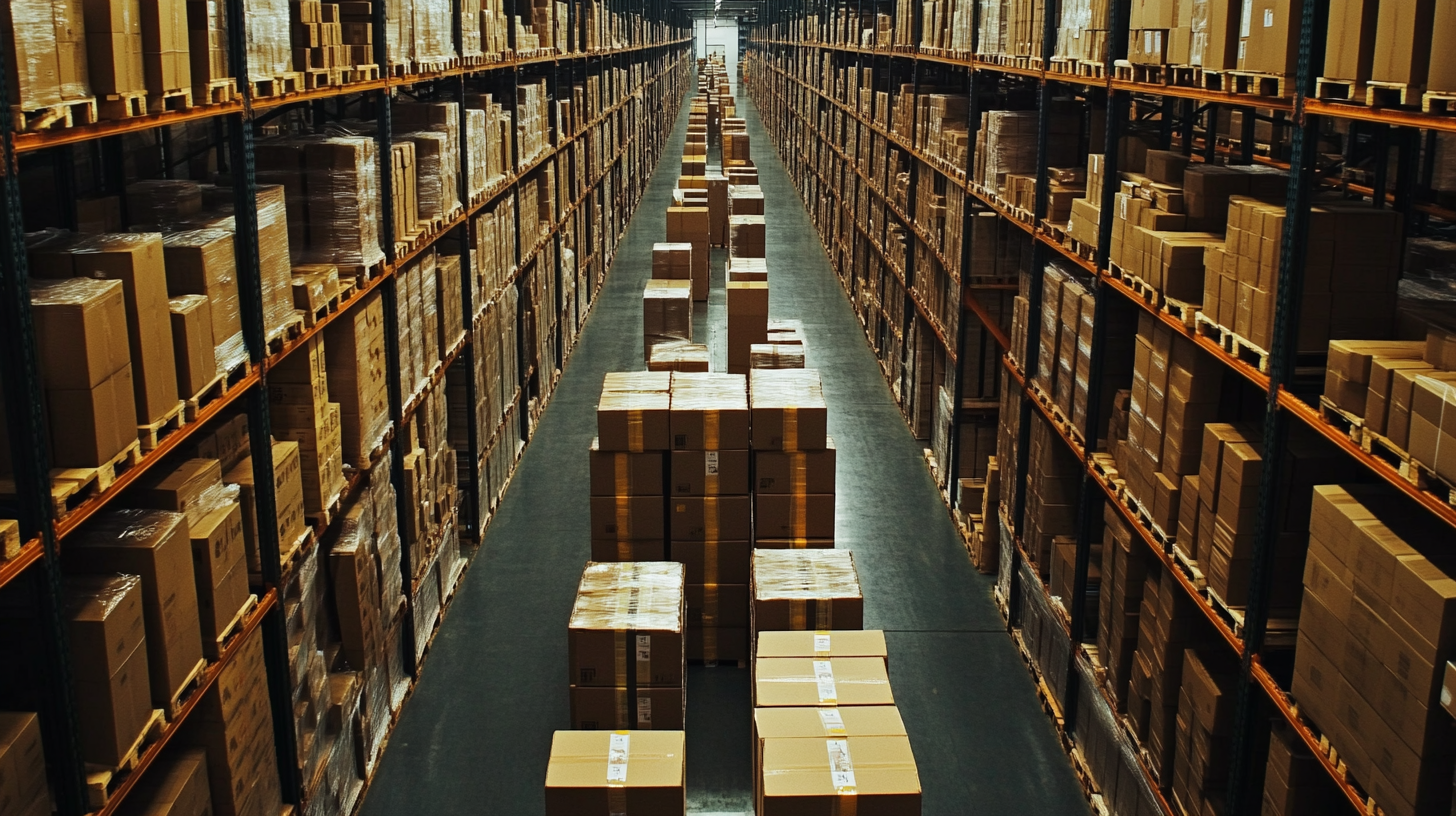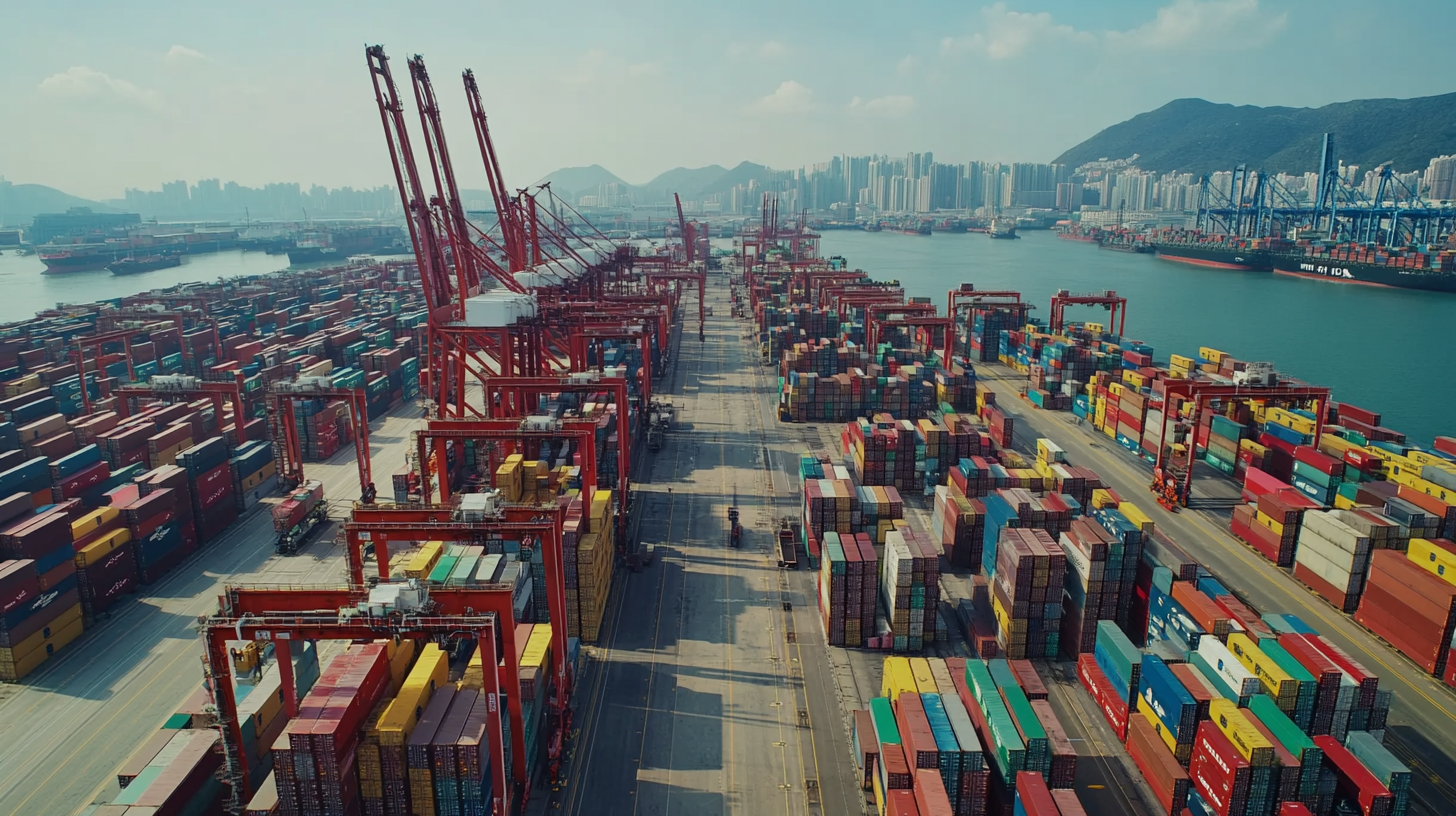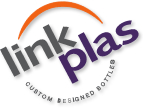A Comprehensive Guide to Choosing the Right Packaging Supplier for Global Trade Needs
In the ever-evolving landscape of global trade, the importance of selecting the right packaging supplier cannot be overstated. According to a recent market report by Smithers Pira, the global packaging market is projected to reach $1 trillion by 2024, driven by the growth of e-commerce and consumer demand for sustainable solutions. As companies expand their reach across borders, the packaging solutions they choose must not only ensure product safety and integrity but also align with diverse market requirements and regulatory standards. This makes the role of a competent packaging supplier pivotal in navigating these complexities.
Understanding that packaging serves as the first point of interaction between products and consumers, choosing the wrong packaging supplier can lead to significant repercussions, including inflated costs and compromised product quality. A study by Packaging Strategies highlighted that nearly 80% of companies reported increased logistics costs due to inadequate packaging choices. Therefore, businesses must adopt a strategic approach to identify packaging suppliers that not only offer innovative and tailored solutions but also demonstrate reliability and compliance with industry standards. This comprehensive guide aims to assist organizations in making informed decisions when selecting a packaging supplier that meets their global trade needs.

Understanding Your Packaging Requirements for Global Trade
When engaging in global trade, understanding your packaging requirements is essential to ensuring that your products arrive at their destination safely and in optimal condition. Packaging plays a crucial role not only in protecting the integrity of goods but also in complying with international regulations and consumer expectations. With the projected growth of the global food processing and handling equipment market, reaching $1.83 billion by 2032, the demand for innovative and reliable packaging solutions continues to expand. One significant trend is the increasing interest in sustainable and biodegradable packaging options. The mycelium-based packaging market is poised for significant growth, with an expected compound annual growth rate of over 9.4% from 2025 to 2034. As eco-conscious consumers look for environmentally friendly alternatives, businesses must carefully assess their packaging materials to align with these values while still meeting safety and performance standards. Moreover, e-commerce has reshaped packaging needs by driving demand for versatile solutions that cater to various applications, including food delivery. It is essential for businesses to consider the specific requirements of their products, such as size, weight, and fragility when selecting a packaging supplier. A strategic approach to packaging not only enhances brand image but also optimizes the supply chain, ensuring efficiency and reliability throughout the logistics process.

Key Factors to Consider When Selecting a Packaging Supplier
When selecting a packaging supplier, several key factors come into play, especially for businesses involved in global trade. One of the most significant considerations today is sustainability. Environmental concerns are shaping consumer preferences, making eco-friendly packaging more than just a trend; it's a necessity. Companies should look for suppliers who offer sustainable materials and practices that align with their brand values. This not only caters to environmentally conscious consumers but also enhances brand loyalty and marketability.
Additionally, understanding the regulatory landscape is crucial. Legislation regarding packaging materials and consumer safety is constantly evolving. Businesses must ensure that their packaging suppliers are compliant with both local and international regulations. This attention to compliance not only protects the brand from potential liabilities but also builds consumer trust.
Moreover, the flexibility and adaptability of a packaging supplier can significantly impact global operations. The ability to respond quickly to changing demands, customize solutions, and provide innovative designs is a competitive advantage. Therefore, businesses should evaluate suppliers based on their capacity for innovation and their responsiveness to changing market demands.
Finally, the cost of packaging should be balanced with quality and sustainability. While it may be tempting to opt for the cheapest solutions, investing in higher-quality, sustainable packaging can yield greater long-term benefits. Companies should strive for a holistic approach that encompasses cost, sustainability, and compliance when selecting the right packaging supplier for their global trade needs.

Evaluating Supplier Capabilities: Quality, Compliance, and Innovation
When selecting a packaging supplier for global trade, evaluating supplier capabilities is crucial. Quality assurance stands as one of the primary factors. According to a report by Smithers Pira, the global packaging market is projected to reach $500 billion by 2024, emphasizing the demand for high-quality solutions. Companies that prioritize quality in their packaging can reduce damage during transit and improve customer satisfaction, ultimately leading to cost savings and increased loyalty.
Compliance is another critical aspect to consider. The packaging industry faces an array of regulations, from materials safety to sustainability standards. A survey by the Flexible Packaging Association notes that over 70% of companies are investing in compliance training for their teams to navigate these complex requirements effectively. Ensuring that your supplier is compliant with local and international regulations helps mitigate the risk of fines and product recalls while ensuring your products reach consumers safely.
Innovation plays a pivotal role in packaging supplier evaluation. In an era where consumer preferences are rapidly changing, suppliers who invest in innovative packaging solutions can provide a competitive edge. According to a report by Mintel, 52% of consumers seek environmentally friendly packaging, pushing manufacturers to innovate and adapt. Collaborating with suppliers who prioritize sustainable materials and cutting-edge designs not only enhances your brand’s image but also meets the evolving demands of the global market.

Logistics and Supply Chain Management in Packaging Solutions
In the ever-evolving landscape of logistics and supply chain management, selecting the right packaging supplier is crucial for businesses involved in global trade. As sustainability becomes a key priority, companies like DGeo are expanding their offerings with innovative solutions, such as Lifoam's BioEPS products. This shift towards eco-friendly, temperature-controlled packaging is essential for maintaining product integrity while reducing environmental impact, particularly in sectors that rely on cold chain logistics.
Furthermore, the demand for effective packaging solutions in supply chain management is projected to grow at an impressive rate, driven by the need for improved efficiency in the flow of goods and services. Companies like Nordic Cold Chain Solutions are leading the charge by acquiring other firms and enhancing their facilities with next-generation sustainable technology. This kind of strategic expansion reflects a broader trend where businesses are recognizing the importance of robust packaging in optimizing their logistics operations.
As the dunnage packaging market is set to reach significant figures by 2035, driven by industries such as automotive and machinery, it highlights the crucial role packaging plays across various sectors. Innovations like AI-driven packaging solutions from partnerships, such as those between Ranpak and Rabot, emphasize the importance of leveraging technology to enhance packaging efficiency and sustainability. In this dynamic environment, companies must stay ahead of trends and invest in strategic partnerships to ensure their packaging solutions meet the demands of a fast-paced global market.
Building Long-Term Partnerships with Packaging Suppliers
When entering the realm of global trade, selecting the right packaging supplier is not merely a transactional decision; it is the foundation for building long-term partnerships that can significantly influence your business’s success. A reliable packaging supplier does more than offer materials; they provide solutions tailored to your specific needs, understanding the intricacies of international shipping, customs regulations, and market trends. This deep understanding fosters collaboration, allowing both parties to innovate and adapt to the ever-evolving landscape of global commerce.
Establishing a solid relationship with your packaging supplier involves open communication and mutual trust. Engage in discussions that go beyond pricing; delve into quality assurance, sustainability practices, and logistical support. A partner invested in your business will proactively identify challenges and suggest improvements, ensuring that your packaging not only meets regulatory requirements but also enhances your brand image. Such interactions can lead to customized packaging solutions that align perfectly with your product specifications and market demands.
Investing time in nurturing this partnership pays dividends in the long run. By providing feedback and sharing goals, you solidify your supplier’s commitment to your success. Moreover, a long-term collaboration can lead to better pricing and terms, as well as access to exclusive resources and innovations. In a world driven by competition, leaning on a trusted supplier can set your business apart, ensuring that you meet your global trade needs efficiently and effectively.
CONTACT US
|

